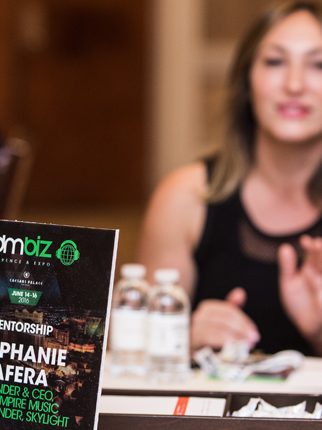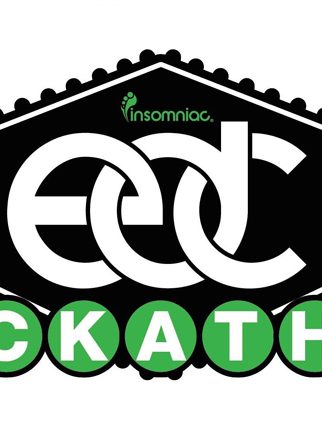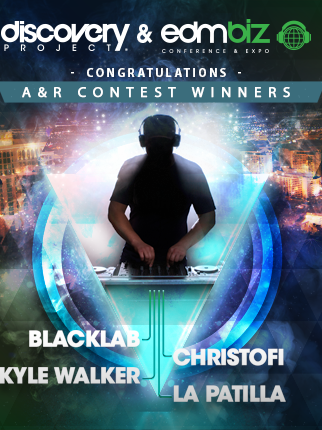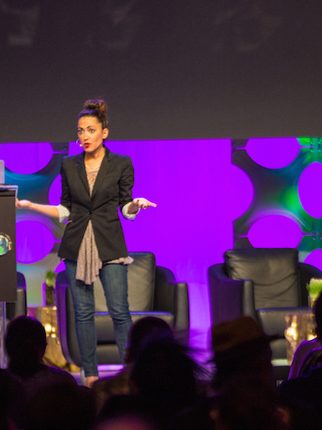EDMbiz: Building the Next Big DJ
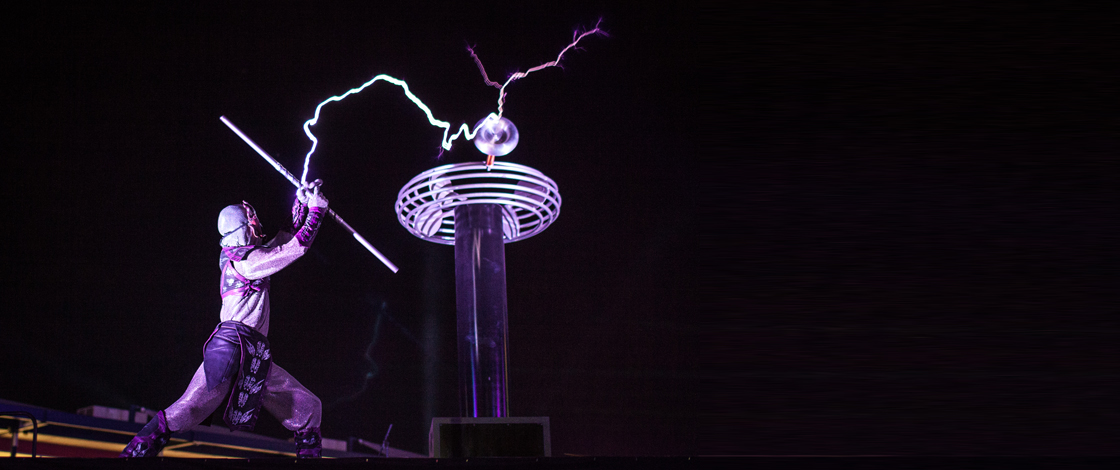
From marketing tactics to a behind-the-scenes look at the innovative strategies and teamwork required to deliver breakout artists to the fore, the Building the Next Big DJ panel is one of the most highly anticipated panels at this year’s EDMbiz conference.
Featuring new-school artists Jauz, Marshmello and Ookay alongside heavyweight agents and managers like Steve Gordon (Circle Talent Agency), Matt Rodriguez (AM Only), and Moe Shalizi (Red Light management), the panel offers a rare glimpse not only into the discovery of emerging talent, but the cultivation and development of those artists into major stars. Emerging artists, aspiring agents, producers, DJs, and fans alike will dig this fascinating preview into what it takes to build the “next big DJ.”
How are you defining what a “big DJ” is?
Moe: It’s hard to define what a “big DJ” is, because there are many ways to be big. Personally, I prefer to work with developing talent, as it is much easier to build the foundation of the brand in a way that I know has all the core elements needed to potentially build a “big DJ.” As I get more on my plate as a manager, people always say to hold out for bigger clients who come with the business. But if I’m not passionate about the act, I don’t want to do it. When I have a developing act, I am usually pretty excited about it, and it’s like putting together a big puzzle, piece by piece.
What are the characteristics you use to measure the potential for success in a client?
Steve: Willingness to win. You have to want it bad. A lot of people say they want to be traveling DJs, they want to put in the work and have the drive, but don’t really mean it. This industry is tough; it will chew you up and spit you out. It will destroy relationships with friends, family, and more if you don’t manage it correctly. It’s not for everyone. Sometimes, when you sit with a client, you just know he has what it takes on every level. When I met Carnage in person for the first time, I just knew that he was going to be a star. He was going to do whatever it took and work as hard as he possibly could in order to achieve his goals.
What about those who might scoff at this idea of a “big DJ” or career being built like a brand or product? Can we take just anyone off the street with the right attitude and make them “big”?
Moe: Anything can be built. The real factor is its longevity. Is this “big DJ” going to be cool for five minutes or 10 years? The other side of that are the talented producers who have not been able to keep up with the times. Whether it’s their brand that is not cool or one of many other factors, we can see their brands fading away if they already haven’t. That’s just the sad truth of the game. You need good music and a strong brand to withstand today’s test of time.
Matt: When you sign an artist or an act, you find out what their career goals are, and you build a strategy to achieve it; that’s where you “build” a big artist. It’s crafting a strategy with your team, and then you go out and execute the hell out of it. That’s how you build.
Steve: The best and smartest producers master the craft of performing live and have the most talent. These individuals are the most likely to succeed in the industry. The higher the talent, the higher the ceiling for success. But you also need to look at the big picture. Your career is a brand and a business, and it ultimately needs to be looked at from that perspective. Everything matters; everything adds up to create a singular tale, a story. This is why when a pop star winds up on TMZ for something negative, it affects their career at large.
What sort of advice do you have for any dreamers out there who hope to make it big someday?
Matt: For us as agents to want to get involved, music comes first; you’ve got to believe in music. There’s image and all this other stuff, but as long as the core—the music and the story—is compelling, that’s the basis and foundation for signing an act.
Moe: All of my artists sparked my interest because I liked their music and believed they had something different than what was already in the market. Also don’t worry about finding a manager, because if you are doing things right, a manager will find you. Don’t sign contracts with just anybody. I see too many kids signing the craziest deals with “friendagers” or people with little to no music experience. If it’s a friend who wants to learn, that’s great—see what you guys can do together without any contracts.
Steve: It’s going to take more work than you realize, and you will need real talent. Just because you can write one tune that hits doesn’t necessarily mean it’s time to quit your day job. The other thing is that artists should never stop learning; learn to play more instruments and improve your musicality; master the programs you’re using to produce and learn how to “out-DJ” the competition. Performance is everything once you step into the venue.


